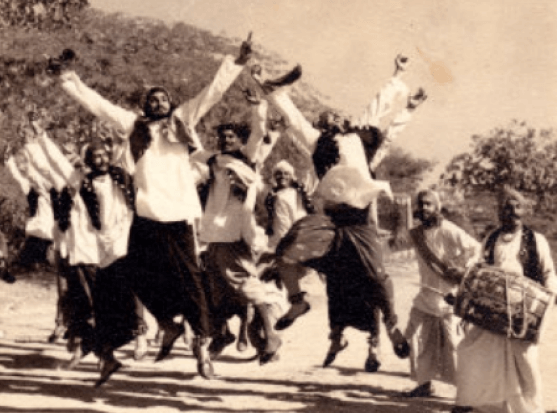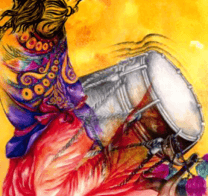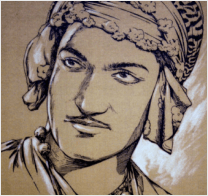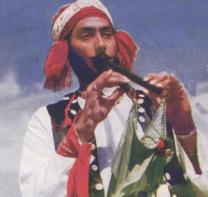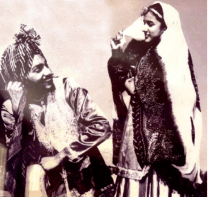Bhangra is synonymous with Manohar Deepak, one of the three Deepak Brothers, the others being Gurbachan and Avtar. In post-partition India, they jointly introduced it to the world in its present form. It all started at their family farm in Chak 128, Sargodha, where different communities like Jangalies (forest inhabitants), Bazigars (traditional street performers), Oddan (tribal people of Sargodha), and other tribal people from there lived and shared their cultures with one and all. This rainbow of different cultures coexisted and worked at the farm of Captain Ram Singh. In the evenings, to entertain each other, they would sing and dance loodi, dheeraj, dhamal, and jhumar to the beat of a dhol. The beat of the dhol, followed by singing and dancing, carried on until the partition of India in August 1947. The family had to move back to its ancestral village of Sunam. Many of our workers, with whom we had spent time and danced together, also followed us to Sunam in the hope of continued employment and patronage. Wherever and whoever one came across, one saw a tide of sadness on their faces. Sardar Tara Singh allocated a piece of land on his farm to relocate our fellow refugees. The family had a long relationship with the Bazigars, which continues even now, and it was morally right that they were helped to re-establish themselves after the turmoil of the partition.
